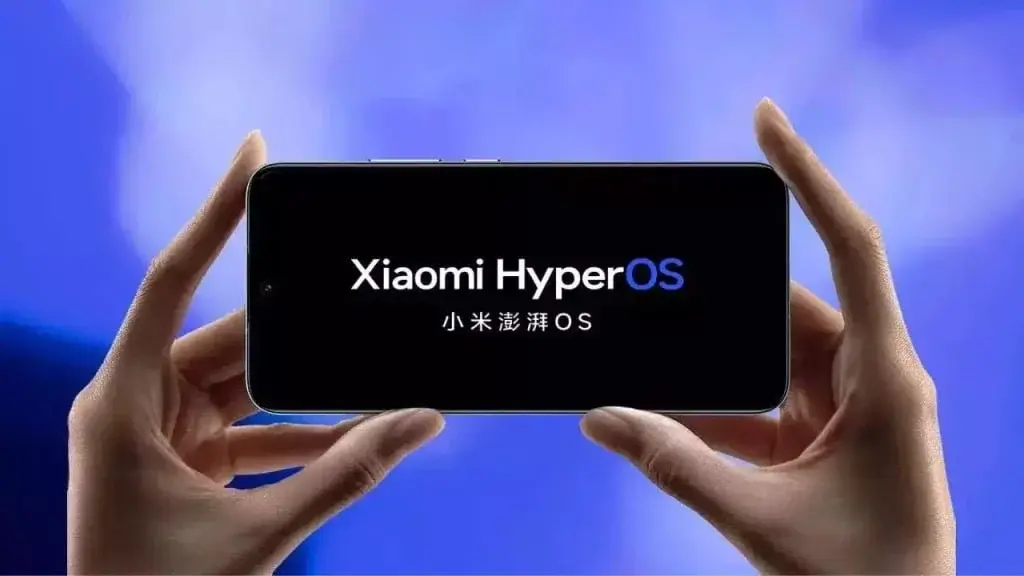Huawei recently made an exciting announcement regarding their HarmonyOS mobile operating system development, disclosing that native HarmonyOS apps had now reached over 4000, with work continuing on more apps for this OS.
Expanding HarmonyOS Applications
Huawei will shortly unveil HarmonyOS NEXT, an enhanced edition of HarmonyOS that provides tailored user experiences within the HarmonyOS ecosystem. This news coincides with their planned debut.
Transition To HarmonyOS NEXT
HarmonyOS by Huawei currently caters to smartphones, incorporating open-source Android libraries for compatibility with older Android applications on Huawei devices. However, the forthcoming HarmonyOS NEXT version will discontinue support of all Android applications entirely.
Strategic Switch to HarmonyOS Development
Huawei may be signalling their intent to prioritize HarmonyOS applications over those created specifically for Android with this move away from Android applications in HarmonyOS NEXT.
Rapid Development in HarmonyOS Ecosystem
Huawei recently reported that 200 developers had begun creating HarmonyOS apps. But recently they’ve witnessed 20-fold growth to reach 4000, signifying explosive expansion within their ecosystem.
Focus On Improved User Experience
At its 2023 Developer Conference, Huawei underlined their vision for creating an effortless HarmonyOS experience across its devices, promising improved performance through software and architectural optimizations.
Diversified App Library
HarmonyOS app store now features a range of lifestyle, travel, finance, social media productivity entertainment and gaming applications that ensure an enriching user experience.
Strengthen Market Position
Huawei remains committed to expanding their app ecosystem; however, moving towards an entirely native mobile operating system in China could bolster their position within the market and challenge Android’s dominance.
Early Access for Developers.
Developers now have early access to HarmonyOS NEXT for testing purposes, with wider consumer availability possible at HDC 2024 later this year.




